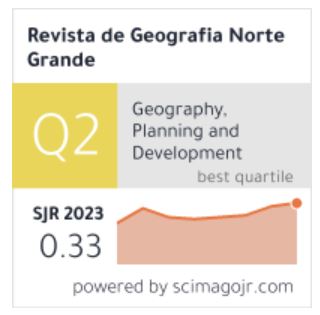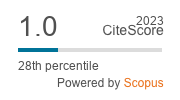Bogotá, urbanismo posmoderno y la transformación de la ciudad contemporánea
DOI:
https://doi.org/10.4067/S0718-34022014000100003Keywords:
Urban utopia, urban planning, zoning, urban morphology, urbanismAbstract
Pierre Carrière notes that human geographers acknowledge that ideology is a very important variable that, to same extent as culture, history or nature, defines the physical and social organization of society. This paper explores the relationship between ideology, urbanism and urban change in Bogotá after 1990. The central thesis is that during the nineties a postmodern discourse on the communicational planning arose in Bogotá; this discourse then dominated urban politics over the last 2 decades. This paper analyzes the modern rational planning crisis, the arrival of the Barcelona Model and its implementation on the urban politics of Bogotá. The conclusions are aimed toward examining the relationship between the postmodern and communicational planning, the globalization process and the new urban morphology of Bogotá






